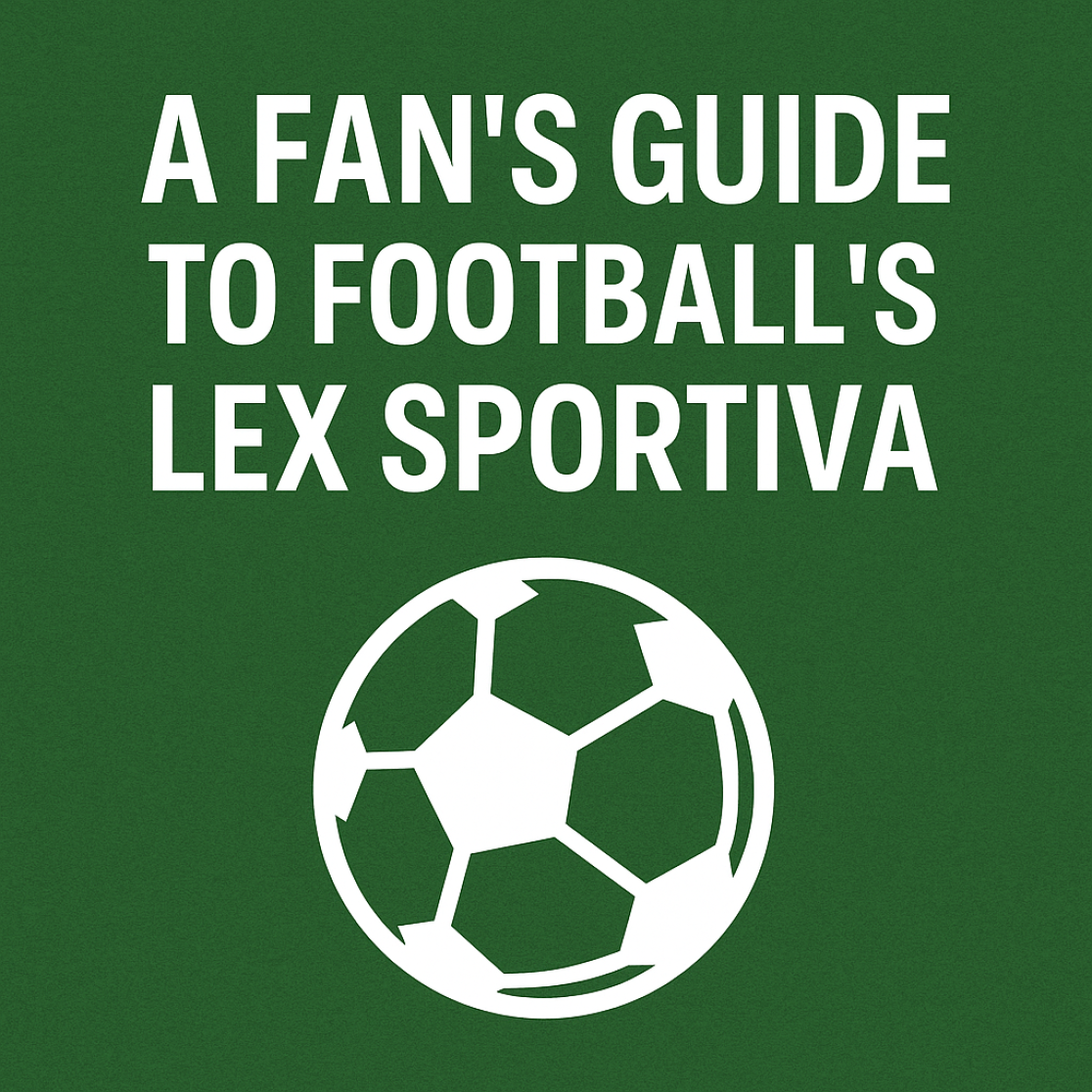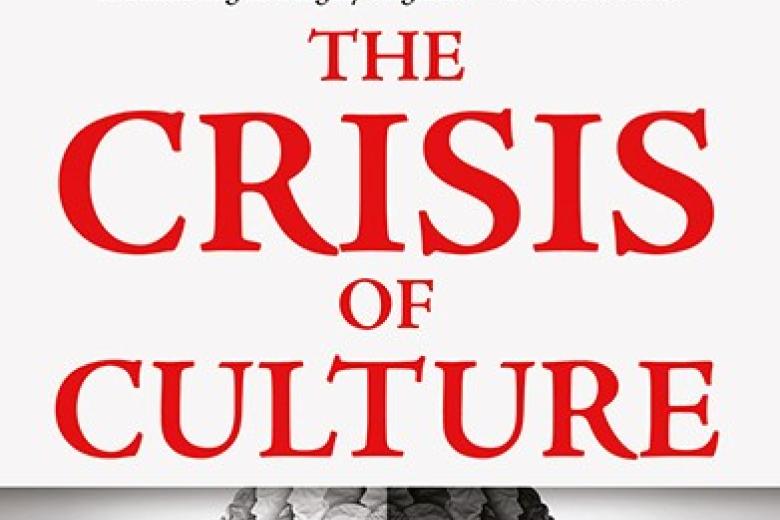A Fan’s Guide to Football’s Lex Sportiva: How the CJEU is Changing the Game
On April 28th, I published my very first podcast, which dived into the iconic field of Sports Law. This work was the product of an “Honours Programme Personal Project” supervised by Dr. William Bull. As I look back on this experience, I am honored to share some of the takeaways which Dr. Bull and I explored in the pilot episode of A Fan’s Guide to Football’s Lex Sportiva – a podcast that simplifies the legal complexities that shape the governance of the king of sports.
A Bird’s-Eye View: Global Lex Sportiva… shaped by the CJEU?
As a lifelong Peruvian football fan, I used to view law’s role in the sport as limited to administrative matters, i.e. what clubs and federations were required or forbidden to do under domestic law or FIFA regulations. Later, as I noticed legal influences on agency activities, and even players’ transfer markets, I was shocked to learn that one of the key actors in shaping Sports Law on a global level is none other than the Court of Justice of the European Union (CJEU), hereinafter “the Court.”
It all began with the Walrave judgment, where the Court held that sport, insofar as it constitutes an economic activity, is subject to EU law – unless its rules served a “purely sporting interest”. This principle was extended to football in Dona, and paved the way for the Court’s increased scrutiny which forever shaped the regulation of football’s legal framework.
Thus came the Bosman ruling, where the Court tackled FIFA’s transfer rules – which imposed fees to acquire players with expired contracts – and dismantled foreign player quotas for EU nationals, alleging an unlawful restriction on EU’s free movement of workers. The judgment helped with the revolutionary establishment of football’s “free agent” system and opened the door for the Court’s shaping of Sports Law, limiting the autonomy of powerful sport governing bodies such as FIFA and UEFA. Piau boosted this path by confirming that FIFA qualified as an undertaking – and was therefore subject to EU competition law for the regulation of football agents. Finally, Meca-Medina followed suit and abolished the “purely sporting interest” doctrine from Walrave, asserting that all sports rules with economic effects cannot circumvent scrutiny, but need to be proportionate and justifiable under competition law provisions. An impressive legal lineup from the Court – a player long thought to be off-field
The Forefront of Scrutiny: December 2023
As the legal playing field forced FIFA to shift into a defensive position, December 2023 marked a turning point in the scrutiny of sports governance with three key rulings.
Starting with the ISU case, the Court affirmed the primacy of EU law over sports dispute resolution, ruling that exclusivity clauses favoring the Court of Arbitration of Sports could no longer be used to circumvent EU law scrutiny.
This was complemented with the Royal Antwerp case, with the Court providing a “user’s manual” to national courts to assess the proportionality of sports governance rules, placing the burden of proof on sports governing bodies to justify such rules.
Finally, in the famous European Superleague case, the Court departed from the opinion of Advocate General Rantos and emphasised that the so-called “European Sports Model” is symbolic rather than constitutional. Accordingly, it found that FIFA and UEFA’s ex-ante licensing system could constitute a potential abuse of their dominant position under EU competition law.
While FIFA’s rules remained relatively untouched (aside from ex-ante licensing), this framework built up pressure – like the Dutch Clockwork Oranje – which has crystallised in two current disputes: Diarra and RRC Sports.
The Present and Future of Sports Law through the Lens of a Fan
After highlighting the evolving jurisprudence which shapes football, the pilot episode of my podcast, guided by the expertise of Dr. William Bull, turned to the analysis of its consequences and potential impact on the beautiful game.
We started with the Diarra ruling – yes, that Lassana Diarra – which found that FIFA’s co-debtor principle and International Transfer Certificates (ITCs) were prima facie disproportionate under free movement of workers provisions, and required FIFA to prove their benefits and necessity under EU competition law.
We then explored the still-pending RRC Sports case, which targets multiple aspects of FIFA’s Football Agent Regulations – including fee caps, licensing requirements, conflict of interest rules, and even data processing obligations, with an involvement of the European Commission in favour of FIFA, and a recently submitted opinion of Advocate General Emiliou that diverges from the Commission’s stance.
Dr. Bull and I agreed on many things, but especially on this one: these cases could define the next phase of football governance under EU law. Therefore, the question now is not only what the Court will decide – but also how FIFA will choose to respond.

Conclusion: A Court of Justice for European Football?
Recording and publishing this podcast was an incredibly rewarding journey, deepening both my legal knowledge and passion for sports governance. I was genuinely surprised to discover how a regional court like the CJEU can play such a pivotal role in shaping a global framework for a sport as powerful as football. Thanks to the research I conducted, under Dr. Bull’s guidance, the Court’s influence not only makes sense – it also feels necessary. The beautiful game continues to evolve, and EU law is clearly a major playmaker driving that change.
For more insights into EU Sports Law, and to follow the development of key cases like Diarra and RRC Sports – all presented from a fan’s perspective –, stay tuned for future episodes of A Fan’s Guide to Football’s Lex Sportiva!
*About the author: Santiago “Santi” Rafael Salazar Martinez is a second-year Peruvian student at the Faculty of Law of Maastricht University. He is fascinated and keen on exploring the legal dynamics which have an overarching impact on the field of sports law, and use such understanding to boost the operation of sports governance.
-
Bye bye culture – enter norms and codes?
Fond of regulations as they are, jurists could nonetheless have an interest in learning about their origins and current proliferation, and Olivier Roy’s latest book addresses this question by offering a thought-provoking reflection about the path that contemporary culture has taken.

-
White Walkers, Red Lines: The IHL Case Against the Night King
Fictional battles have long served as a mirror for real-world anxieties about war, technology, and the limits of law. Season 8, Episode 3 of Game of Thrones, “The Long Night,” provides an opportunity to test the boundaries of international humanitarian law (IHL) by confronting its most fundamental...

-
Object- and Problem-Based Learning (OBL & PBL): A Fruitful Amalgamation for the Development of Legal Education
Patrons at the Arthur W. Diamond Law Library at Columbia University (USA) can encounter a duplicate of an automobile wheel that relates to the 1916 court case heard by Judge Benjamin Cardozo in MacPherson v. Buick Motor Co. The wheel is an object that hangs on a wall on the fourth floor of the...
